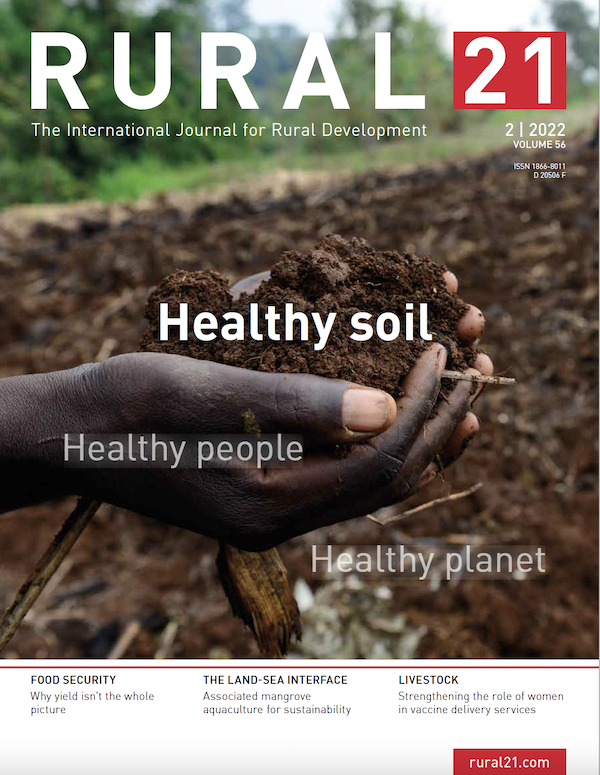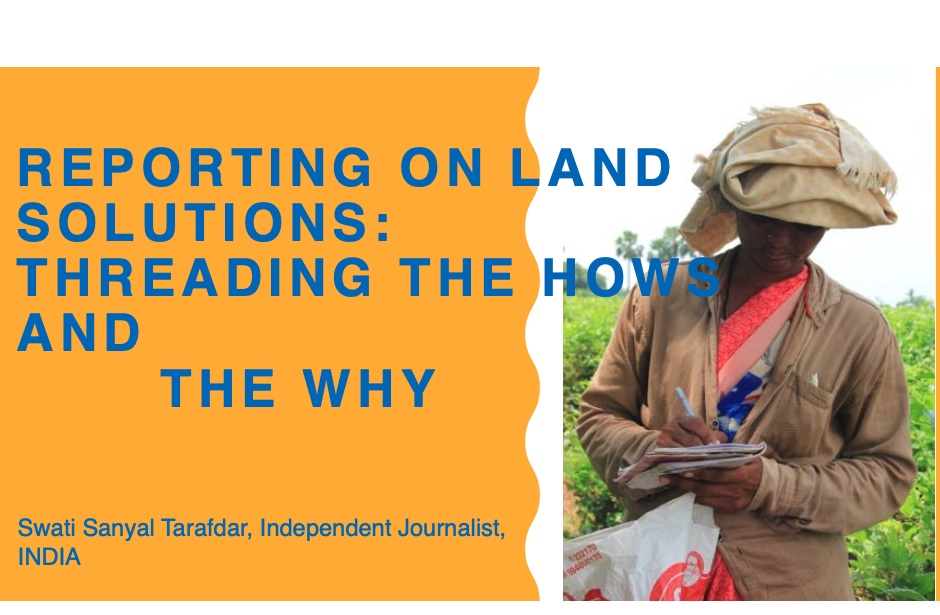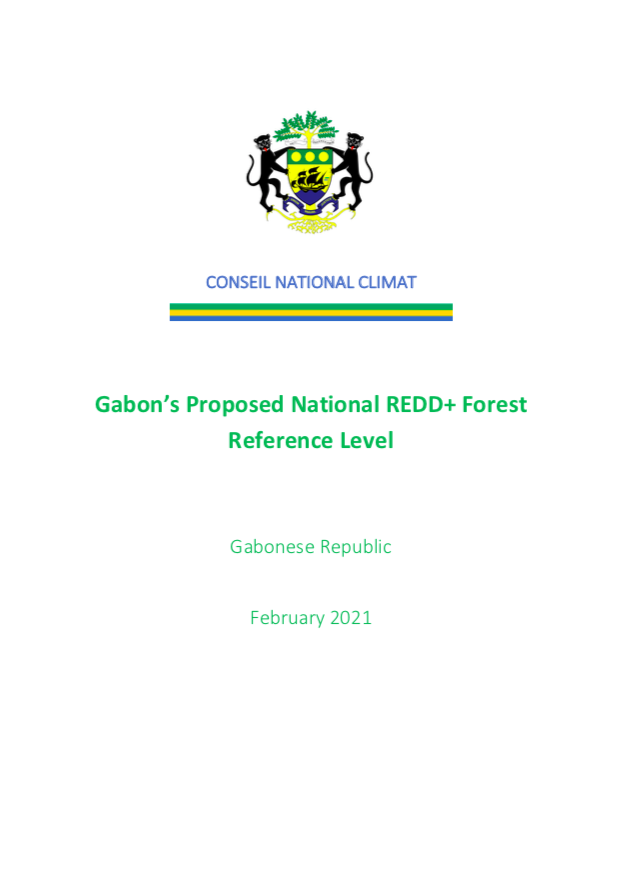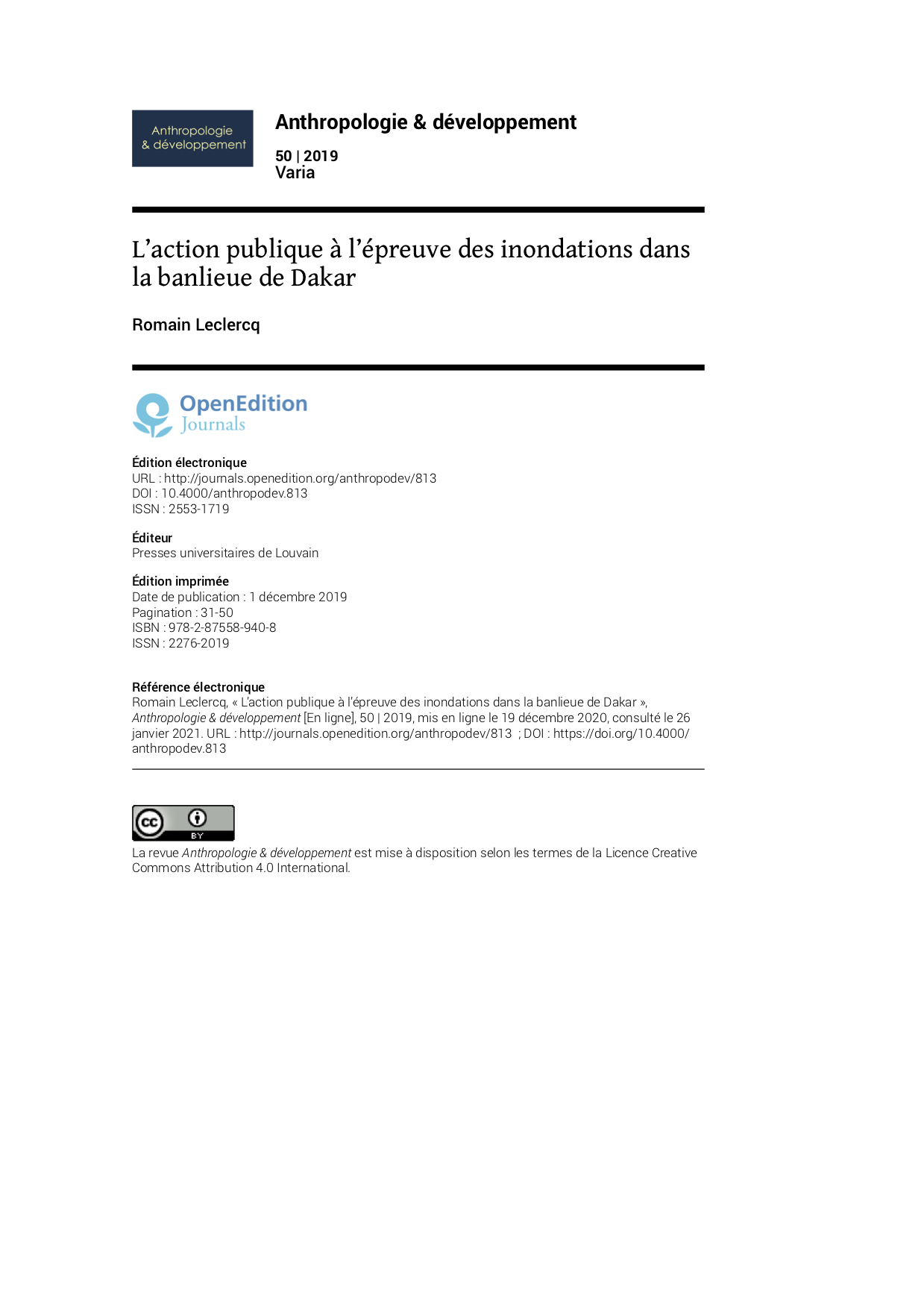Growing farmer-herder conflicts in Tanzania: the licenced exclusions of pastoral communities interests over access to resources
The growing number of farmer-herder resource conflicts in Tanzania is often presented in official narratives as a product of climate change resulting from increased environmental pressures. Nonetheless, based on a qualitative research, this paper asserts that farmer- herder conflicts in Rufiji and Kisarawe districts should be understood in terms of the marginalization of pastoral community interests over access to land. This has created what Hall, Hirsch and Li [2013. Power of Exclusions: Lland Dilemmas in Southeast Asia.








